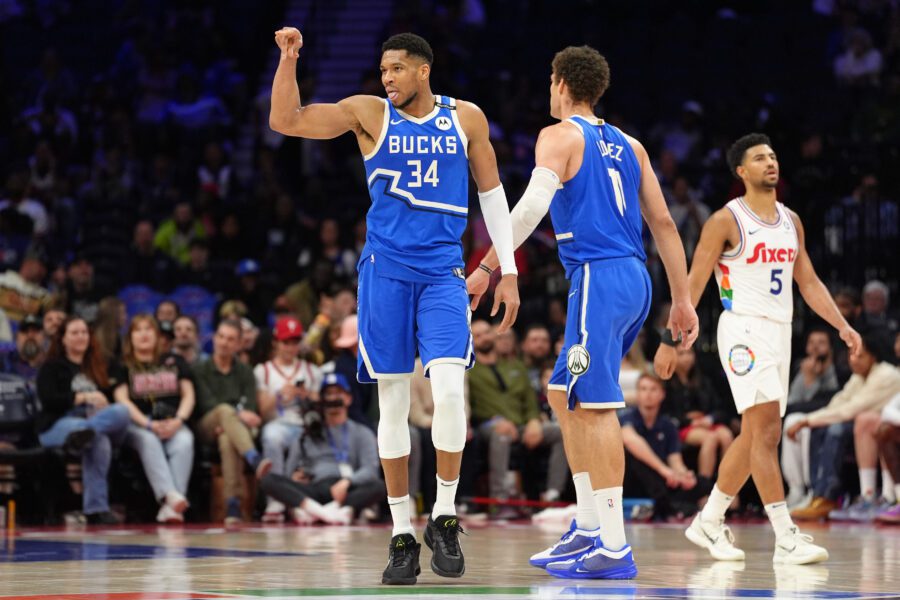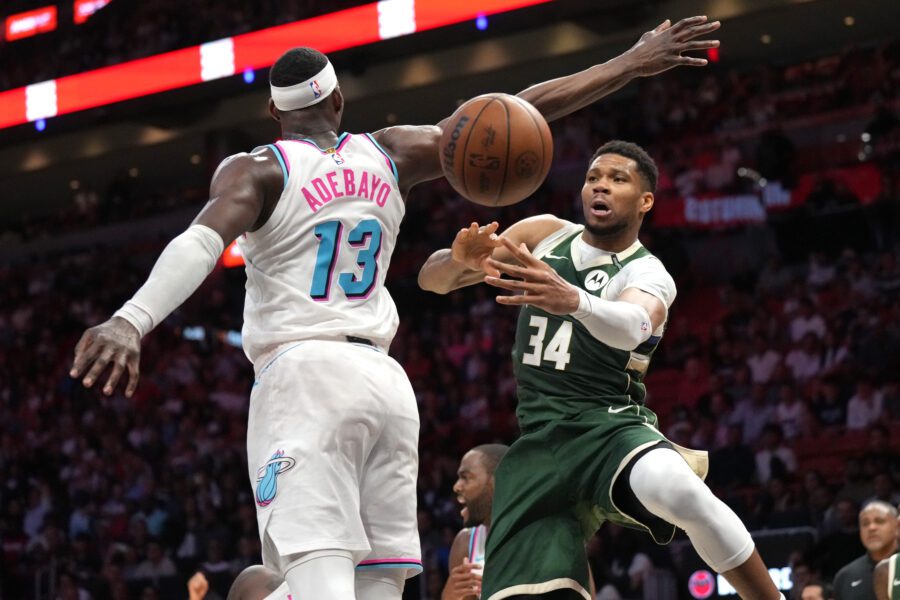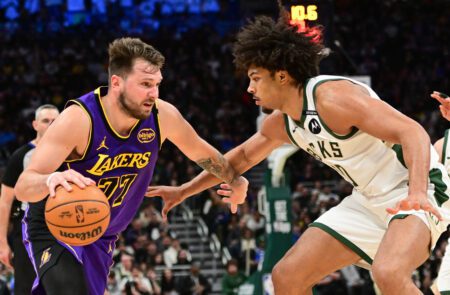
In a recent interview with Brandon ‘Scoop B’ Robinson, Jim Jones offered an intriguing viewpoint on the convergence of sports and music, particularly addressing his thoughts on Damian Lillard‘s musical endeavors and the broader landscape of athlete musicians in the industry.
Jones’ unfiltered comments about Damian Lillard’s music set the tone for an insightful discussion. He stated, “I don’t have to listen to any of his music, no disrespect. Somebody would have to put me on to it. He’s a basketball player to me, so that’s what I imagine and take with stuff like that.” This statement reflected Jones’ tendency to compartmentalize an athlete’s primary identity as a sports figure and not immediately associate them with pursuits beyond their field of expertise.
Expanding on this, Jones elaborated, “The music part and I’m not sayin’ that he’s not dope as an artist or nothing like that but, I listen to music for certain things and when I look at the person I look at him for certain things, you know what I’m sayin’?” This nuanced perspective underscores Jones’ approach to separating an individual’s professional identity from their artistic expressions, highlighting his distinct perception of public figures.

When questioned about athletes whose music he took seriously, Jones admitted, “Not really.” However, he acknowledged and respected the hustle of athletes who ventured into music. He gave credit to figures like Shaquille O’Neal, the late Kobe Bryant, Damian Lillard, Stephen Jackson (Stack Jack), and Gerald Green, recognizing their achievements and contributions to the music industry. Jones highlighted their ability to create records that resonated with diverse audiences and went platinum, acknowledging their success beyond the basketball court.
Clarifying his stance, Jones emphasized, “Now I’m not here saying that athletes shouldn’t do music or anything like that, you know what I mean?” His acknowledgment of athletes achieving significant musical milestones illustrates these individuals’ multifaceted talents, transcending their athletic prowess.
Moreover, Jones emphasized the camaraderie and personal connections he shares with certain athlete-musicians. He mentioned collaborations with Stephen Jackson, and Gerald Green, indicating that these partnerships stemmed from a genuine bond beyond mutual admiration for their musical endeavors.

Jim Jones’ candid discussion with Scoop B sheds light on the complexity of perception in the entertainment industry. His separation of an athlete’s primary identity from their artistic pursuits challenges conventional norms and encourages a deeper understanding of individuals’ multifaceted talents and interests.
In conclusion, Jones’ comments offer valuable insights into the intersection of sports and music. His remarks prompt reflection on the diverse talents of athlete-musicians and the complexities of public perception. Ultimately, Jones’ perspective fosters a nuanced appreciation for the parallel worlds of sports and music, acknowledging these individuals’ diverse identities and their contributions to multiple facets of popular culture.
For More Wisconsin Sports:
Follow me on Twitter at @LandonBuford, and follow us @WiSportsHeroics. To read more of our articles and keep up to date on the latest in ALL of Wisconsin sports, click here! Green Bay Packers, Milwaukee Brewers, Milwaukee Bucks, Wisconsin Badgers.
Frequently Asked Questions
How many albums does Jimmy Jones have?
Rapper Jim Jones has released a total of 7 studio albums, 3 compilation albums, 2 EPs, 47 singles, 5 collaborative albums, and 19 mixtapes.
What is Jim Jones mother name?
Jim Jones' mother is known as Nancy Jones, often affectionately referred to as "Mama Jones." She gained additional fame as a reality TV personality on shows like "Love & Hip Hop: New York" and "Chrissy & Mr. Jones."









